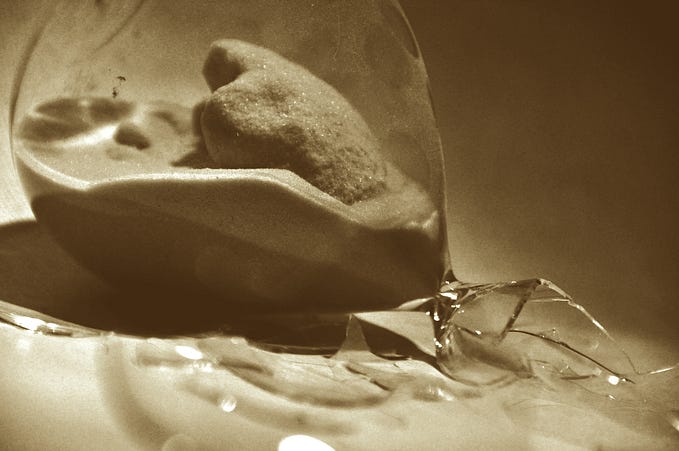Member-only story
The negative spaces wherein we exist
And why we should protect them

A week ago, I went back to Paris. I got off the train at the larger-than-life Gare du Nord, and headed to the metro. Line 6, to be precise. There were some seats available. Nothing unusual about this during the month of August, especially post-pandemic — public transportation has become much unloved of late. Making myself comfortable for the rather sweaty ride ahead, I took out my phone. No connection. Typical.
And so, I left my mind wander. I thought about my family. About my health. My friends. Work. It was probably the most reflective hour I’ve had in a long time. The most enjoyable too. Strange, given the oft unpleasant nature of the Paris metro.
And that got me pondering about where I’ve felt the most content over the past 18 months, since COVID all but burnt a hole through our collective reality. Surely, I must have been able to relax at least a couple of times as society crumbled all around us? And so I dug deep.
Strangely, small, inconsequential memories of a few lonely minutes in just as few quiet places crept forward. I pushed them away. I dug deeper. Obviously, my most cherished memories of the past year and a half must at least include my loved ones. Right. Right?
Wrong. Turns out, my most gratifying pandemic-era moments did come within the space of my own personal limbos, much like my time in the metro. Not necessarily ones were I was disconnected from my phone or computer, but from places and times which added absolutely no value to my life. In a lone train seat during a long commute. At a small desk in the middle of the night. Leaning on a wall while waiting for water to boil.
In the negative spaces of life.

These spaces are all around us, yet we tend to overlook them. Ever stood in a room that you’d just moved out of, before you closed that door one last time? That’s negative space. Ever waited in an office lobby for an interviewer that was 5 minutes late? That’s negative space. Ever sat in a car at your destination while a song finished? That’s negative space. And, despite its…







